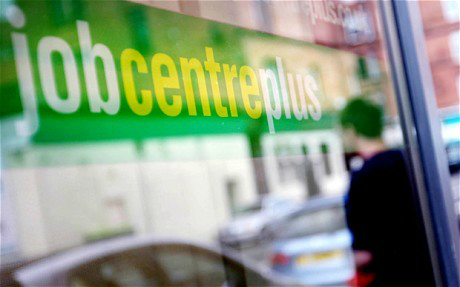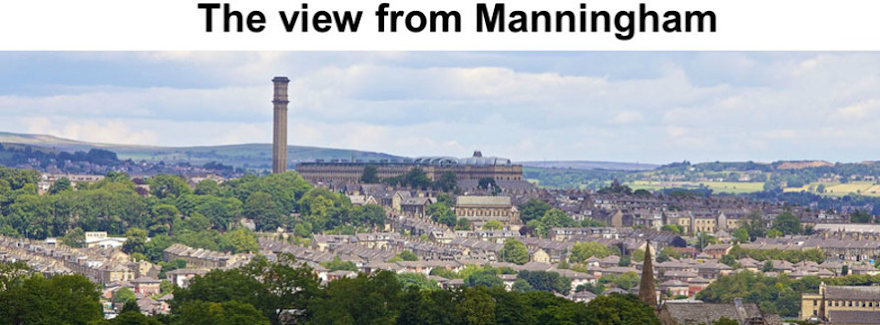Successive
UK governments have made it harder for people in need to get social security,
at a devastating human cost.
Public
services have also been cut, supposedly to save money and might this have ended up
costing taxpayers more?
On Friday 20th June, leaked documents suggest that Employment and Support Allowance (ESA) costs are rising and
the government may breach its own cap on ‘welfare’ spending, the BBC has
reported.
ESA
replaced incapacity benefit for those unable to work because of sickness or
disability.
People
were forced to undergo ‘work capability assessments’, which have been widely
condemned.
Many people who were found ‘fit for work’, or placed on schemes to
get them ready for employment, subsequently became very ill or died.
Numerous
others appealed successfully and very few of those on the Work Programme ended up
back in the workplace.
 The
Department for Work and Pensions (DWP) denied that the cap might be breached, however
it has a poor reputation for accuracy.
The
Department for Work and Pensions (DWP) denied that the cap might be breached, however
it has a poor reputation for accuracy.
It
turned out that many of the people reassessed “actually are quite ill or very
disabled,"
Dame Anne Begg, Chair of Parliament’s Work and Pensions Select Committee states:
"That shouldn't have come as a surprise to the government, but perhaps it believed its own rhetoric when it's been talking about these large numbers of people who could be moved into work but haven't been.”
Continually
reassessing people was also costly to the state, quite apart from the emotional
toll on individuals and their families.
“A big criticism of incapacity benefit was that people were put on it and left and nobody reassessed them. With the ESA there is constant reassessment, but that is expensive and it's putting a burden on the health assessors employed by Atos in order to keep up with the numbers," she said.
Yet
it is hardly surprising that putting huge pressure on people with conditions
such as heart disease and depression, threatening them with condemnation and
destitution, maybe occasionally leaving them without money for food or heating,
is likely in some instances to make their health worse.
Growing
levels of poverty have made even more people ill.
The link between social
inequalities and ill health has long been known and was highlighted, for
instance, in 'Fair Society Healthy Lives' (The Marmot Review) in 2010.
In
June 2014, a major study of poverty and social exclusion in the UK led by the University of Bristol found that the percentage of households who fell below
society’s minimum standard of living has risen from 14 per cent to 33 per cent
over the last 30 years, despite the size of the economy doubling.
One
in three people cannot afford adequate heating in winter and four million
children and adults are not properly fed.
If
the government can further weaken trade unions and voluntary organisations
combating poverty, as well as eroding protection for workers and forcing more
people into insecure forms of employment such as zero-hour contracts, it may
increase poverty further.
Cuts
in health and social care have worsened the situation.
 For
instance over half the councils which responded to a Young Minds freedom of information request admitted cutting funding for child and adolescent mental
health services over the past five years.
For
instance over half the councils which responded to a Young Minds freedom of information request admitted cutting funding for child and adolescent mental
health services over the past five years.
While numerous Clinical Commissioning Groups (CCG's) are also paying less towards meeting young people’s mental health needs.
As
well as intensifying suffering now, not providing urgently-needed help in a
timely manner can store up trouble for the future.
It
is increasingly clear that the government’s austerity policies are less to
do with reducing public spending than with undermining social security
principles and belief in economic and social rights for all, set out in the
Universal Declaration of Human Rights and elsewhere.
For
those who care about justice, it is important to keep questioning government
claims that harsh treatment of chronically sick, disabled, unemployed and
low-paid people is somehow in society’s interests.






